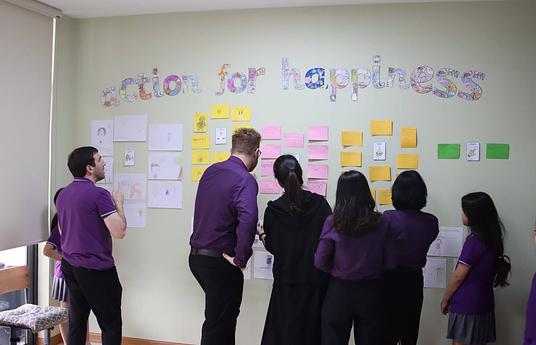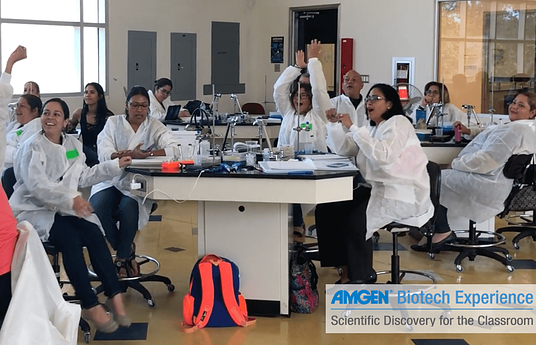Technological advancements in Artificial Intelligence (AI) have benefited our society and economy. However, AI development has been concentrated in technologically advanced countries, often overlooking the unique needs and challenges faced by less developed regions, such as the Global South.
InteliGente guide students in developing AI solutions that are adapted to their context and culture. As a result, we foster a socially conscious mindset that is often overlooked in traditional programs. Moreover, our goal is to ensure that anyone, regardless of their background, can harness the power of AI to drive social impact. We also recognize the unique perspectives that each student experiences in their community, which is crucial to designing AI solutions that are ethical, effective, and culturally sensitive, providing an environment with great potential to solve challenges for different populations. Through our methodology, we aim to cultivate the next generation of visionary leaders from the Global South, with a particular focus on Latin America, who can transform the way AI research and development is approached and conducted globally, fostering innovation that reflects the diverse needs and perspectives of underserved regions.
Our impact is already substantial: we have reached over 300,000 people directly and indirectly. This direct impact is calculated based on empowered students, access to solutions and materials, and events, while the indirect impact considers the audience reached through awards and media features. Our students have won more than 20 awards and recognitions and over 2,500 people have been educated using our materials. Additionally, our students have been featured in over 50 news articles.
Through our website, you can download materials like InteliGenteCards, designed to create discussions about ethical and socially responsible AI. You’ll also find news, awards, published articles, and developed initiatives — as well as access to our talks and events. On our social media platforms, we regularly share engaging and accessible content aimed at democratizing AI knowledge in a fun way.



